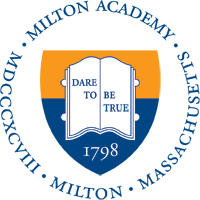HS&R Course
Human Sexuality and Relationships (HS&R) is an elective course offered in the winter to students in Classes I, II and III. Groups of 10 to 12 students meet once a week for 10 weeks with specially-trained faculty members and a senior teaching assistant from Students Educating the Community about Sexuality (SECS). The discussions focus on issues of sexuality, interpersonal relationships, love and communication skills. The groups are voluntary, but once a student makes a commitment, his or her attendance is required for the 10 weeks. Completion of this course is mandatory for students who wish to participate in the SECS, Individual Student Support (ISS), and Peer Discussion Leaders programs.
Students who have taken HS&R may sign up for a continuing seminar in a subsequent year. A group of Class I students are selected from those who have taken both beginners and advanced HS&R to be the SECS Seniors who lead in the teaching of this class.
